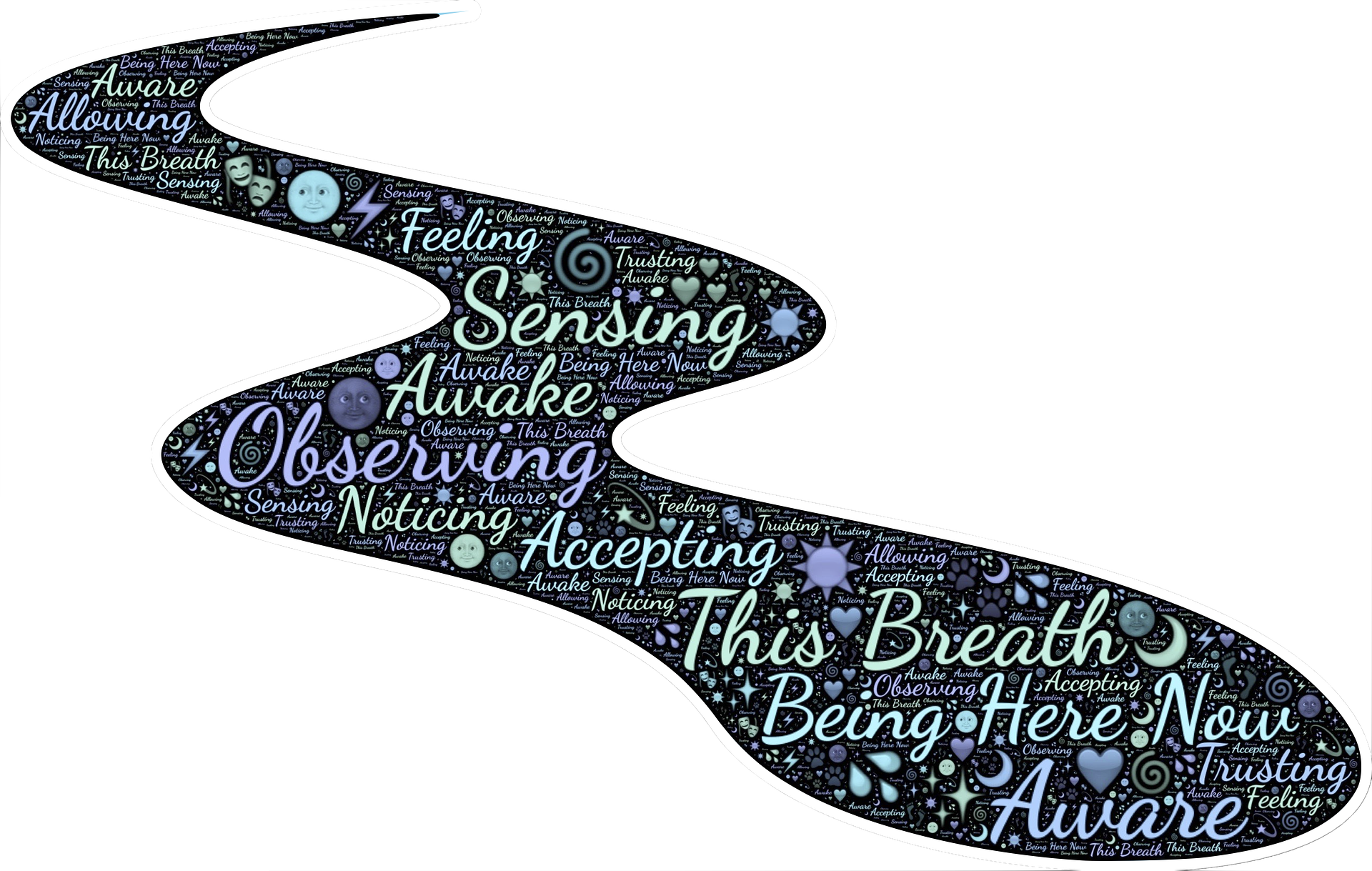IBS - Irritable Bowel Syndrome
What Is Irritable Bowel Syndrome (IBS)?
Irritable bowel syndrome (IBS) is a chronic disorder in which the intestines do not work normally. Other names for IBS are spastic colon or functional bowel disease. The consequences of the malfunction of the intestines is abdominal pain that is associated with constipation, diarrhea, or constipation alternating with diarrhea. The disorder affects at least 10% of the population of North America.
IBD ( Inflammatory bowel disease )



